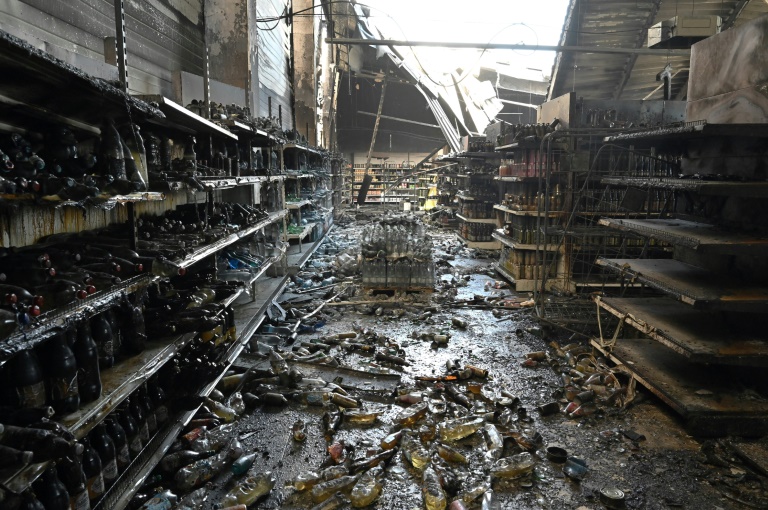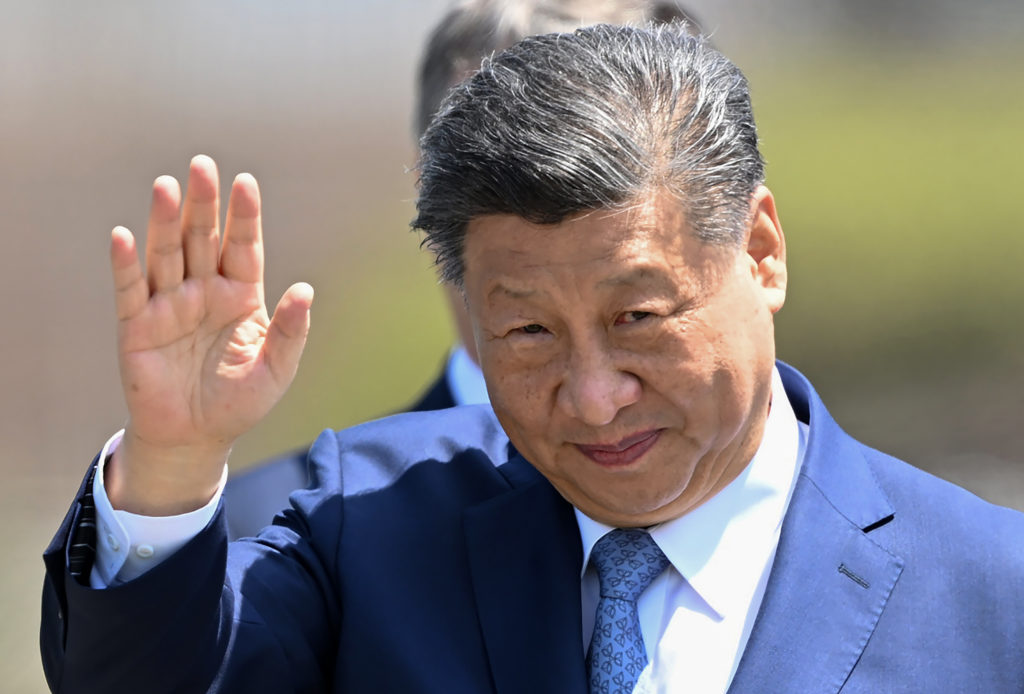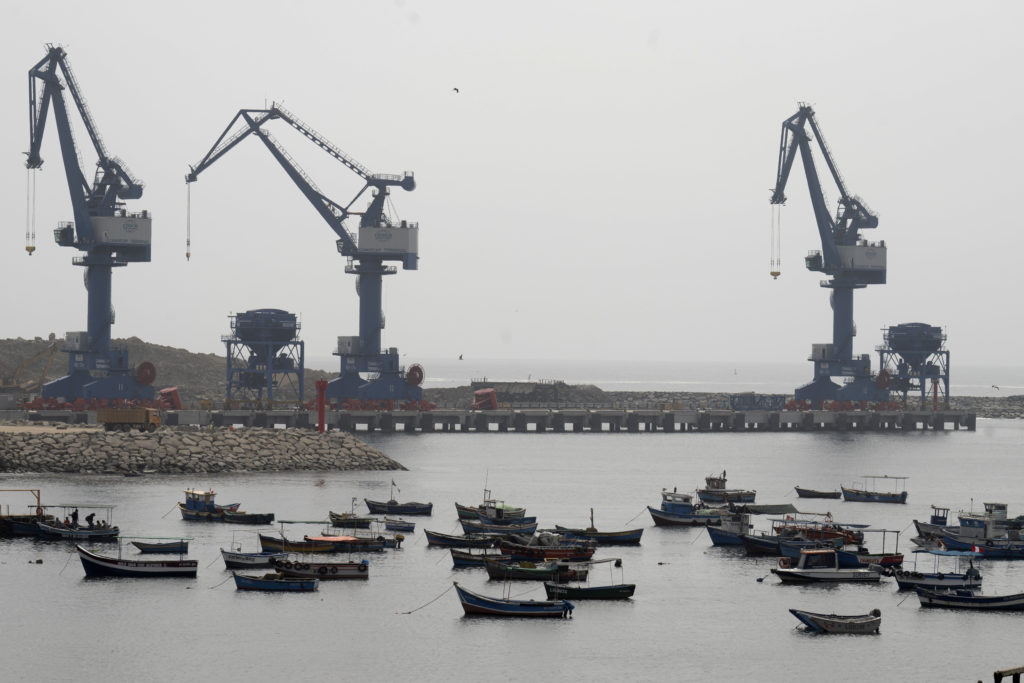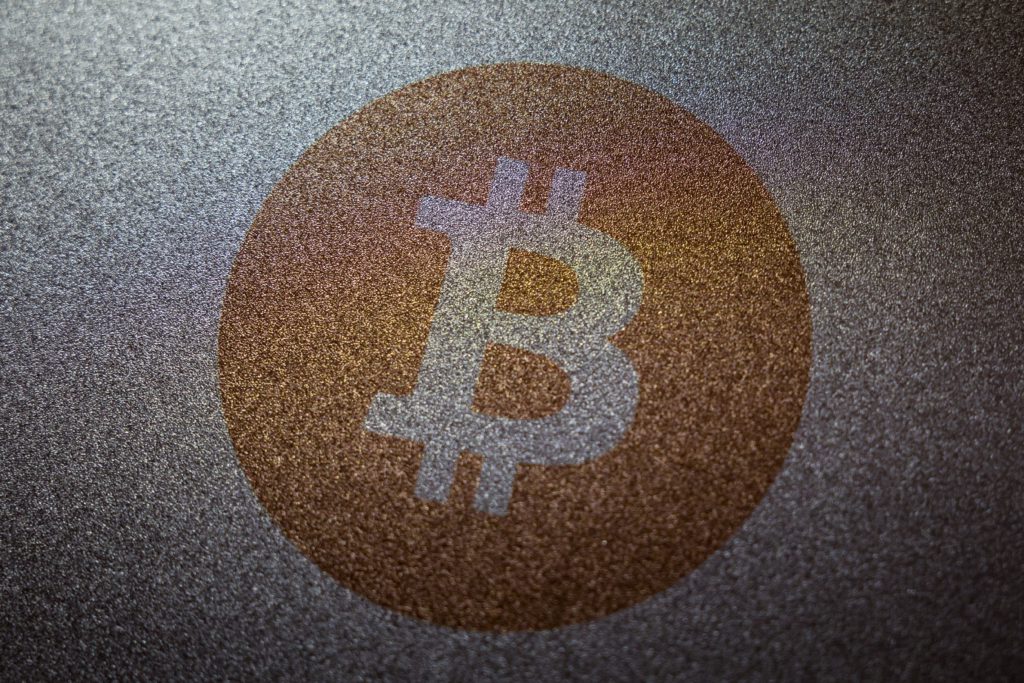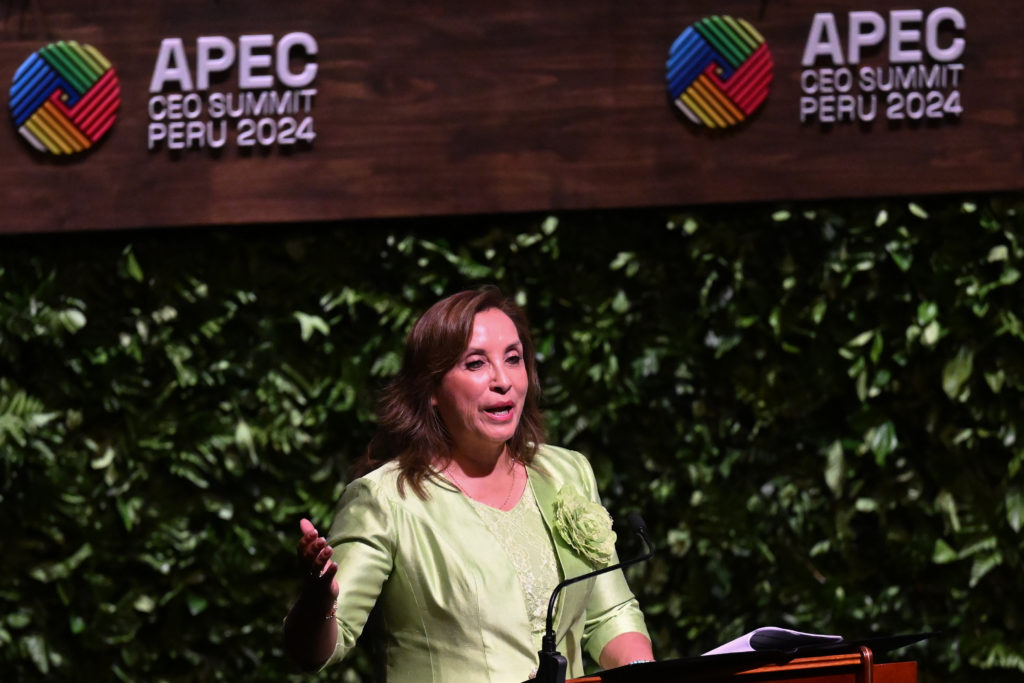Western allies vowed on Tuesday to boost NATO’s defences and to back Ukraine to the end as Moscow demanded Kyiv’s surrender.
Allied leaders were gathered in Madrid for a NATO summit, even as Russian missiles continued to pound Ukrainian cities.
The NATO leaders faced tough talks with Turkey to unblock Sweden’s and Finland’s bids to defy Russian threats join the Atlantic alliance.
But they were determined to preserve a united front in the face of Moscow’s four-month-old invasion of pro-Western Ukraine.
US National Security Advisor Jake Sullivan told reporters arriving with President Joe Biden that Washington will announce “historic” new long-term military deployments in Europe.
The reinforcements will join NATO’s eastern flank, Russia’s nervous neighbours like the Baltic states, and reflect a long-term change “in the strategic reality” elsewhere in Europe.
Ahead of the summit, NATO chief Jen Stoltenberg has said the allies would boost their high-readiness forces from 40,000 to 300,000 men.
Before travelling to Madrid, Biden and other leaders of the G7 powers — the world’s richest democracies — had held a summit in the German Alps.
Germany’s Chancellor Olaf Scholz boasted afterwards that his country, a laggard in defence spending, would build “the largest conventional army within the NATO framework in Europe”.
Russia’s invasion, he said, had convinced Berlin “that we should spend more… an average of around 70 to 80 billion euros a year on defence over the next few years”.
NATO member Bulgaria announced just ahead of the summit that it would expel 70 staff from Russia’s diplomatic mission accused of working against its interests.
At the G7 summit, the leaders agreed to impose new sanctions targeting Moscow’s defence industry, raising tariffs and banning gold imports from the country.
The US Treasury said the measures “strike at the heart of Russia’s ability to develop and deploy weapons and technology used for Vladimir Putin’s brutal war of aggression against Ukraine,”
The new set of sanctions target Rostec, Russia’s largest defence conglomerate, as well as military units and officers implicated in human rights abuses in Ukraine, the Treasury said.
Putin’s Kremlin was not fazed by the sanctions, warning that Ukraine’s forces’ only option was to lay down their arms in the face of the Russian invasion.
“The Ukrainian side can stop everything before the end of today,” Kremlin spokesman Dmitry Peskov said.
“An order for the nationalist units to lay down their arms is necessary,” he said, adding that Kyiv had to fulfil a list of Moscow’s demands.
– ‘Everything burned’ –
The consequences of Russia’s four-month-old invasion were on display in the central Ukrainian city of Kremenchuk, where shaken civilians recounted Monday’s missile strike on a shopping mall.
“Everything burned, really everything, like a spark to a touchpaper. I heard people screaming. It was horror,” witness Polina Puchintseva told AFP.
All that was left of centre — scene of at least 18 deaths — was charred debris, chunks of blackened walls and lettering from a smashed store front.
Russia claims its missile salvo was aimed at an arms depot — but none of the civilians who talked to AFP knew of any weapons store in the neighbourhood.
And, outside Russia, the latest carnage sparked only Ukrainian fury and western solidarity.
“Indiscriminate attacks on innocent civilians constitute a war crime,” the G7 leaders said in a statement, condemning the “abominable attack”.
Ukraine’s President Volodymyr Zelensky declared on his social media channels: “Only total insane terrorists, who should have no place on Earth, can strike missiles at civilian objects.
“Russia must be recognised as a state sponsor of terrorism. The world can and therefore must stop Russian terror,” he added.
The G7 leaders did not go so far as to brand Putin a terrorist — but they vowed that Russia, already under tough sanctions, would face more economic pain.
“The G7 stands united in its support for Ukraine,” Scholz told reporters.
“We will continue to keep up and drive up the economic and political costs of this war for President Putin and his regime.”
– Oil price cap? –
Over the three days of their summit, the G7 had announced several new measures to put the squeeze on Putin, including a plan to work towards a price cap on Russian oil.
The group also agreed to impose an import ban on Russian gold. At the same time, the G7 powers heaped financial support on Ukraine, with aid now reaching $29.5 billion.
British Prime Minister Boris Johnson said the West was “to give the Ukrainians the strategic endurance they need to try to shift the dial, to try to change the dynamic of the position”.
The Madrid summit will also try to overcome Turkey’s objections to Sweden and Finland joining NATO, and Biden is to talk to Turkey’s President Recep Tayyip Erdogan.
French President Emmanuel Macron urged NATO allies to show they were united.
“The message that should come out of Madrid is a message of unity and strength for member countries, as well as for those that wish to join and whose applications we are supporting,” Macron said.
Sweden and Finland, traditionally non-aligned militarily, asked to join NATO after Putin’s February 24 invasion of Ukraine, but Turkey accuses them of harbouring wanted Kurdish militants.
Erdogan met Finnish President Sauli Niinisto and Swedish premier Magdalena Andersson ahead of the NATO talks as the would be allies struggled to persuade him to drop their veto.
Meanwhile, with fierce artillery duels continuing in the eastern Donbas region, Ukrainian officials said the central city of Dnipro and several other sites had been hit by more Russian missiles.
Pro-Moscow forces detained Igor Kolykhayev, the elected mayor of the southern Ukrainian city of Kherson.
Russian media said the “nationalist” was an opponent of Moscow’s supposed efforts to “de-Nazify” Ukraine, but Kolykhayev’s aides said he had been “kidnapped” by the city’s illegitimate occupiers.
The United Nations said that 6.2 million people are now estimated to have been displaced within Ukraine, in addition to 5.26 million who have fled abroad.
“Ukraine now faces a brutality which we haven’t seen in Europe since the Second World War,” NATO Stoltenberg said as leaders began to gather in the Spanish capital.
burs-dc/spm

